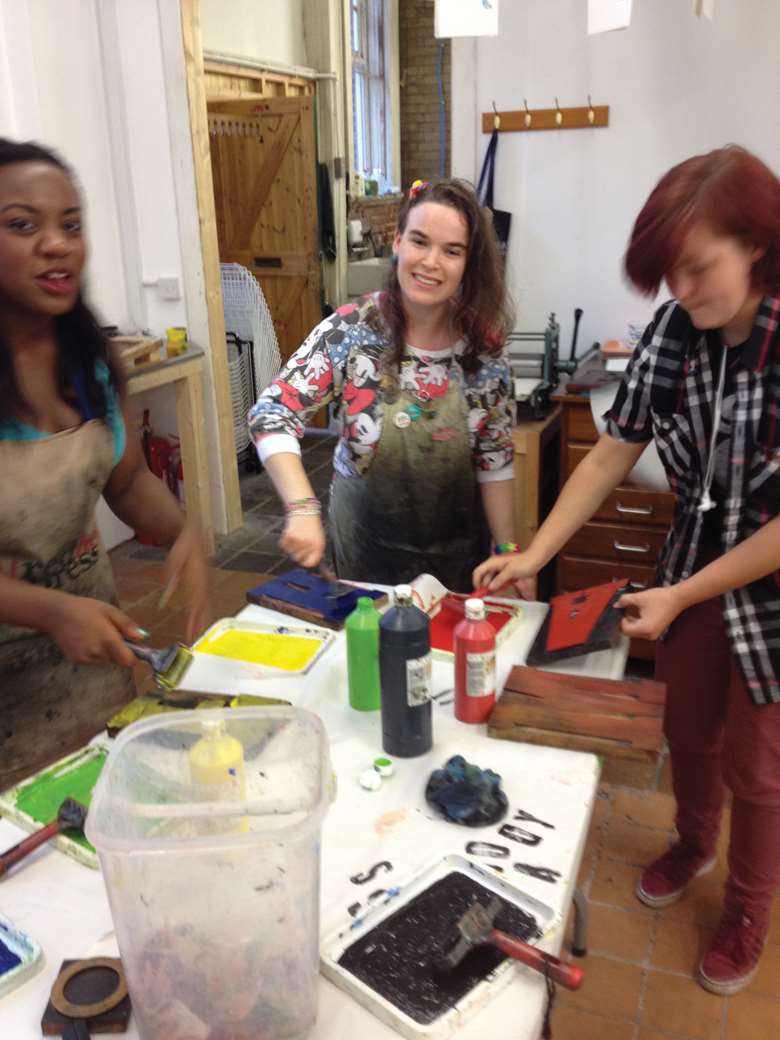How young people get help to tackle life events
Emily Rogers
Monday, October 13, 2014
Project aims to bridge a gap in support and help young offenders, care leavers and young carers through crucial phases in their lives.

PROJECT
Next Steps Project
PURPOSE
£1m over five years from the Big Lottery Fund's Youth in Focus programme
FUNDING
To help young offenders, care leavers and young carers reach their potential
BACKGROUND
Transitions such as the move from care to independent living or leaving prison to start a new life on the outside are a crucial time in the lives of vulnerable young people. The Next Steps Project was set up by three Hampshire-based charities - No Limits, Youth Options and Southampton Voluntary Services - in an attempt to bridge a gap in support and help young offenders, care leavers and young carers through crucial phases in their lives.
ACTION
Next Steps was launched in 2010. It has a four-strong team led by Maria Kitching. She is employed by No Limits, which also employs the support worker for young offenders. Youth Options provides the support worker for care leavers, while a worker employed by Southampton Voluntary Services supports young carers.
The support workers draw up individual action plans with the young people referred to them, covering their short-term, medium-term and long-term goals, which are reviewed every six weeks. Short-term goals might be getting into appropriate accommodation, paying the rent and getting to the job centre. Long-term goals could include remaining in a stable tenancy, maintaining employment and re-establishing contact with children.
The young people are also supported through a weekly activity programme, including workshops on anger management, substance misuse and positive relationships, as well as a 12-week independent living skills course, covering issues such as money management and tenant responsibilities. There is a weekly "work club", which involves Barclays staff helping young people with CV writing and job interviews.
Young offenders are referred by the youth offending service or probation team three months before their release from custody, giving the support worker time to build a relationship with them.
Before release, the young offender will have a meeting with the Next Steps worker and the youth offending service to draw up an action plan. The aim is to get housing, benefits and other services such as drug and alcohol support in place on release day. Swift action is crucial, explains Kitching: "If this plan is not put in place before they come out of custody, it's overwhelming for them and they tend to fall back into the same pattern of behaviour they had before."
On release day, the Next Steps worker picks the young person up from custody. Kitching says this initial car journey often enables "really powerful and meaningful conversations".
The support worker helps the young person through all the bureaucracy involved in taking on a new tenancy, as well as providing practical help with settling in. "We make it as smooth as possible for them, because it can be a daunting experience," says Kitching.
Keys to success include persistence and working at young people's own pace.
"We don't give up on young people," stresses Kitching. "Sometimes, 16-year-olds don't understand the options available to them and it takes them another year before they can. And we don't go too fast too soon. Employment, education and training is important, but somewhere to live, having money to feed yourself and making sure that your mental health is stable have to be paramount to start off with."
OUTCOME
The project not only helps boost participants' confidence and ability to make informed choices, but has also led to most getting into work, college courses or training.
Of 80 young offenders involved in the programme between February last year and March this year, 22 got into work placements and 43 into training. Fifty-three of them said the project had reduced their offending behaviour, 25 of these for more than six months.
Of 51 care leavers who received careers advice through the project in the same period, 22 got into work placements, with 17 of these continuing to permanent roles, while 25 embarked on college courses.
All 44 of the young carers involved in the project during that time said the project had helped them feel confident coping with life events.
IMPACT ON YOUNG OFFENDERS
Outcomes for 80 young offenders supported by Next Steps from February 2013 to March 2014
Reduction in offending among 53 young people (66%)
67 young people progressed into work placements or training (81%)
Source: No Limits
If you think your project is worthy of inclusion, email supporting data to derren.hayes@markallengroup.com




